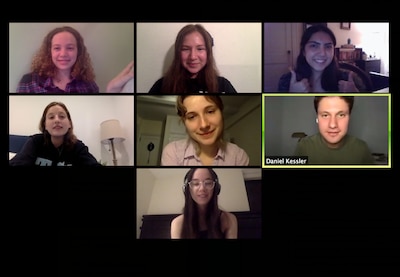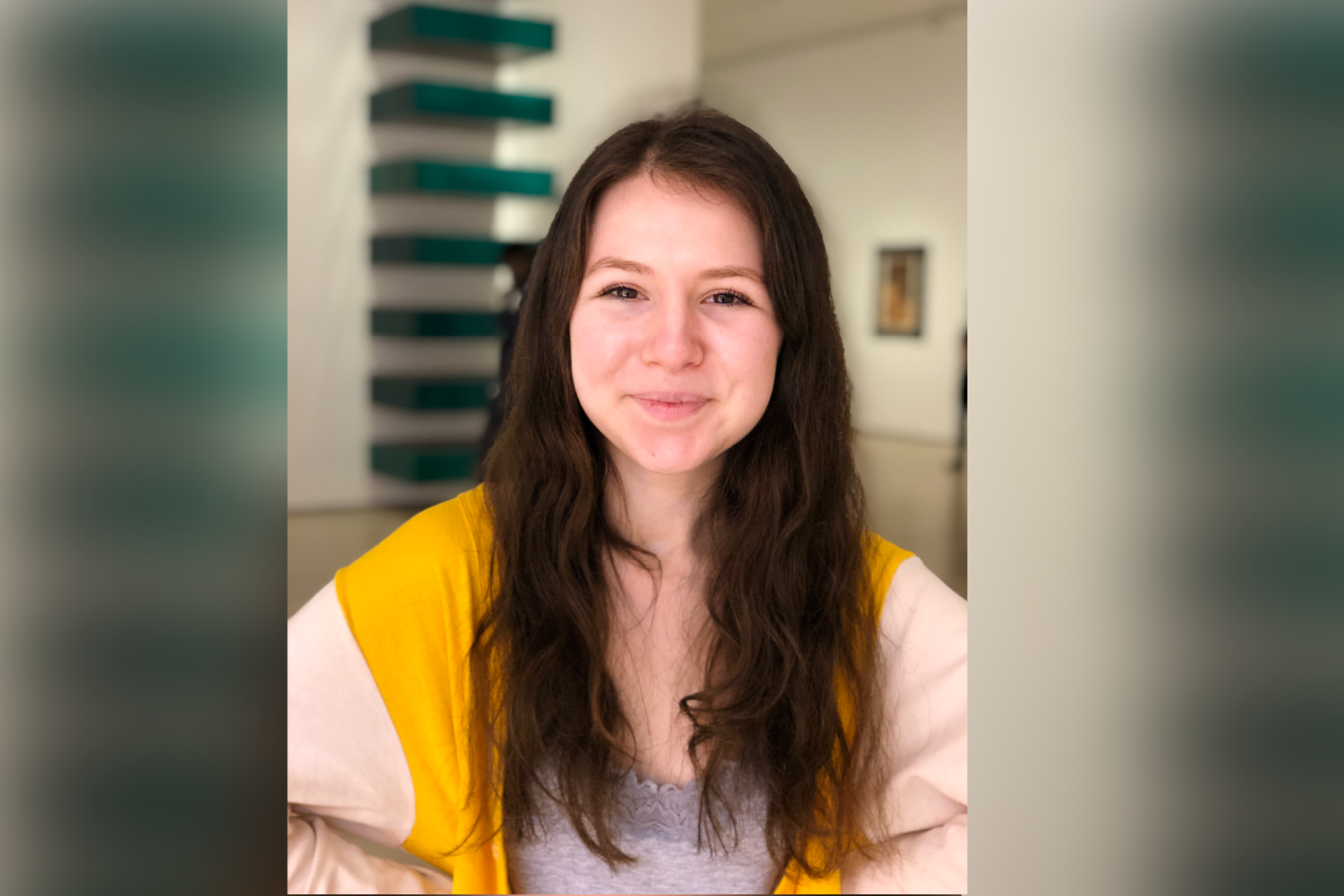After Harvard sent students home due to the coronavirus, Ilana Cohen returned to her Park Slope home and turned her attention to her younger sister, whose Brooklyn public high school was now operating remotely as well.
The college sophomore noticed that her sister could easily access Google Classroom assignments, but had little live instruction, or the individual support and interaction that comes with it.
“It was very disheartening to see my sister’s limited access to online education compared to my own,” Cohen said. “It sort of dawned on me that it’s a very privileged position to have regular access to Zoom lectures.”
That sparked an idea: What if college students, who suddenly had more time on their hands, could help tutor city students? Starting with a Google Form posted on Facebook, Cohen and a group of organizers with roots in the city’s school system quickly began recruiting college volunteers who were willing to spend an hour a week tutoring.
Since March, that initial Google survey has gained steam as an all-volunteer organization called EduMate that has recruited about 850 college students who have signed up to provide free tutoring to over 700 students in grades K-12 across the city. The organization only serves city public school students and prioritizes those from low-income families or live in temporary housing.
The group’s organizers acknowledge that they can’t replace professional educators and only deliver one hour of training to their army of volunteer tutors. Still, they believe there is value in providing homework help in a range of subjects, test prep for college admission exams and the specialized high school test, and even advice on navigating the college admissions process.
“The college students who are volunteering right now have a lot to offer,” Cohen said. “That’s not a substitute for a professional service or any other expertise, but it is a really important resource.”

EduMate is one of several resources available to students, including tutoring offered by the city’s public library. The city’s teachers union is also operating a homework help line called Dial-A-Teacher, which operates Monday through Thursday from 4-7 p.m. for students in grades K-5 (though it only serves students who speak English for now).
EduMate offers tutoring in a variety of languages, including Arabic, Chinese, Urdu, and Spanish. All sessions are conducted remotely, either by video chat or phone, and the group is planning to continue offering help over the summer. Tutors come from a range of colleges, including highly selective private schools as well as SUNY and CUNY campuses, Cohen said.
Aileen Vasquez, a sophomore at Beacon High School, said she jumped at the chance to sign up for SAT tutoring when her school’s student government posted about EduMate on its Instagram account.
Vasquez, who lives in Sunset Park and is the daughter of a home health aide and a building maintenance worker, said she would likely have not been able to afford tutoring on her own. Her tutoring sessions involve practice SAT problems, but also help with grammar and other school assignments.
“I actually look forward to it,” Vasquez said, adding that it has been helpful to have another person in her life she can relate to. “It’s not just strictly SAT prep; sometimes we talk about what’s going on in our own life.”
The city’s education department does not have a formal relationship with EduMate, said spokesperson Nathaniel Styer. The city is, however, “exploring options for virtual tutoring resources.”
Officials have concerns about the ability to fingerprint tutors and ensure student privacy amid the coronavirus pandemic. EduMate vets tutors primarily by confirming they have an email address connected to an education institution. They also require that tutors agree not to meet their student matches in person, record their sessions without permission, or share inappropriate material. (Cohen said she is not aware of any tutors violating these terms.)
Aaron Pallas, a professor at Teachers College, said organizations like EduMate could help students navigate a particularly disruptive moment emotionally by connecting them with young adult tutors who may identify with them. He also pointed to evidence that individual tutoring can boost student learning.
The program’s limited training and time spent with students, at just an hour a week, would likely mean that its effects are modest, Pallas suggested. But at zero cost, he added, there isn’t much of a harm in trying.
“It seems like a great thing to be doing right now,” he said, “as long as the families are receptive to it.”
For her part, Cohen said she doesn’t have broader ambitions for the platform beyond the summer, since students may be able to return to school. The goal, she says, is simply to match interested college students with families who think they might benefit from it.
“It’s a time of imminent need,” Cohen said, “and this is just one way people our age can step up.”






